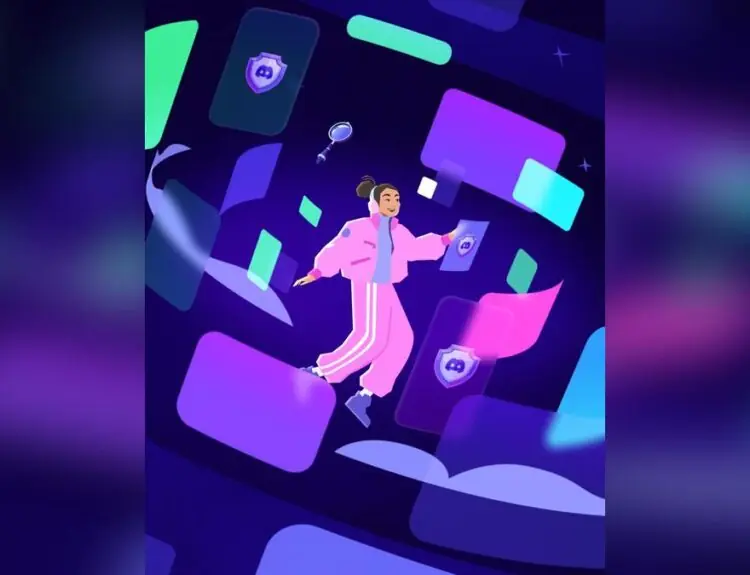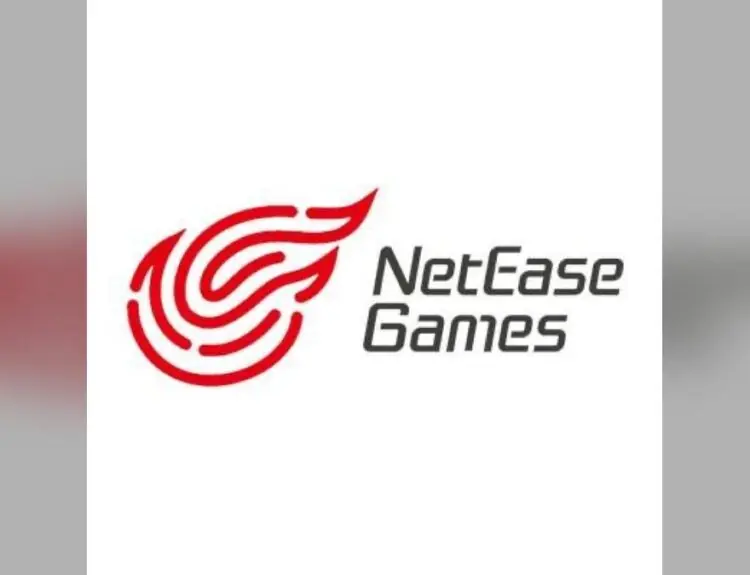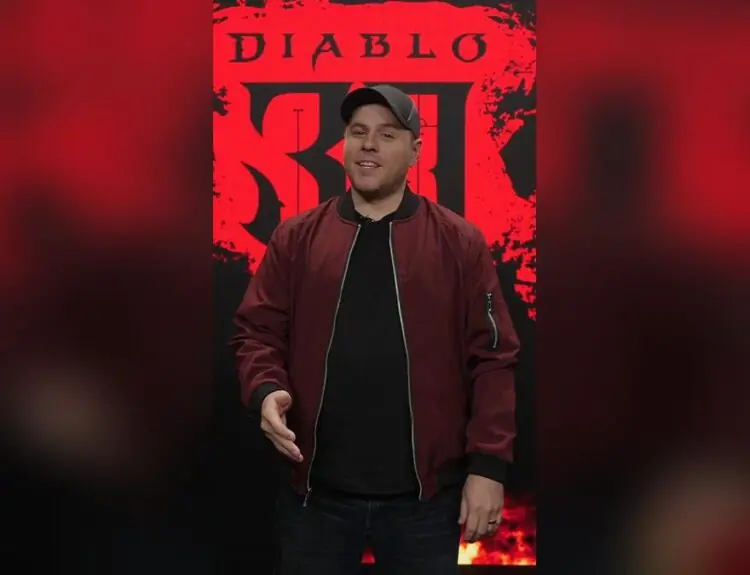We live in a very interconnected world, and precisely what that means tends to edge into a murky world of grays where rights are given and taken with interchangeable ease.
On one hand, your coffee maker can now connect to the internet (for reasons) and your refrigerator could use Bluetooth; on the other hand, creators are constantly struggling to keep their videos monetized as platforms seemingly strip users of rights after IP trolls sling around baseless accusations.
Twitch has just recently undergone a fascinating purge as DMCA takedowns struck a monumental number of streamers that preferred to play music.
The hot-take from all of this is that IP protections are, by and large, a good thing. When companies are struggling to protect their works (which are monetized because people need to eat) and it results in a favored streamer getting slapped down, it is fully legal and the streamer typically knew better than to try and play protected works.
The protections also stretch towards creators themselves: they stop users deep-faking as streamers or otherwise trying to use their likeness in, for lack of a better term, unauthorized use cases. The same theory, just with the shoe on the other metaphorical foot.
📺 Attention Creators! 📺
Capcom now has a Video Policy in place. Please read carefully before your next video upload or live stream: https://t.co/HFJppRvny4
— Capcom USA (@CapcomUSA_) January 6, 2021
So when Capcom updated their video policy regarding how their IPs are to be used, perhaps it’s better to do almost anything other than immediately begin squealing how it ‘isn’t fair’ that companies are trying to look out for their own works.
Capcom has done precisely that, although there isn’t too much interesting meat on the proverbial steak Capcom offers: the largest spur that some may note is that Capcom prohibits spoilers of titles before they’re released, with the term ‘strictly prohibited’ being used within the segment.
How voraciously Capcom could possibly go hunting for those that are attempting to spoil storylines is yet to be seen, although they close the statement with a generally all-encompassing statement of ‘don’t be a turd’, possibly implying that they’re hoping for streamers to regulate themselves.
Aside from spoiler content, Capcom outlines that they expect streams and videos to be punctuated with commentary or otherwise adding to the gameplay, rather than simply silently streaming gameplay in its entirety that could otherwise hurt sales; further, Capcom publications (art books and the like) cannot be shown on video. Again, this likely pertains to slowly flipping through books to show all content that would otherwise harm sales, and not that you need to hide any Capcom publications before booting up the stream.
It’s all generally above board, but if you fancy yourself as a streamer it would behoove you to hit the embedded link from the Tweet and ensure that you understand the expectations.







